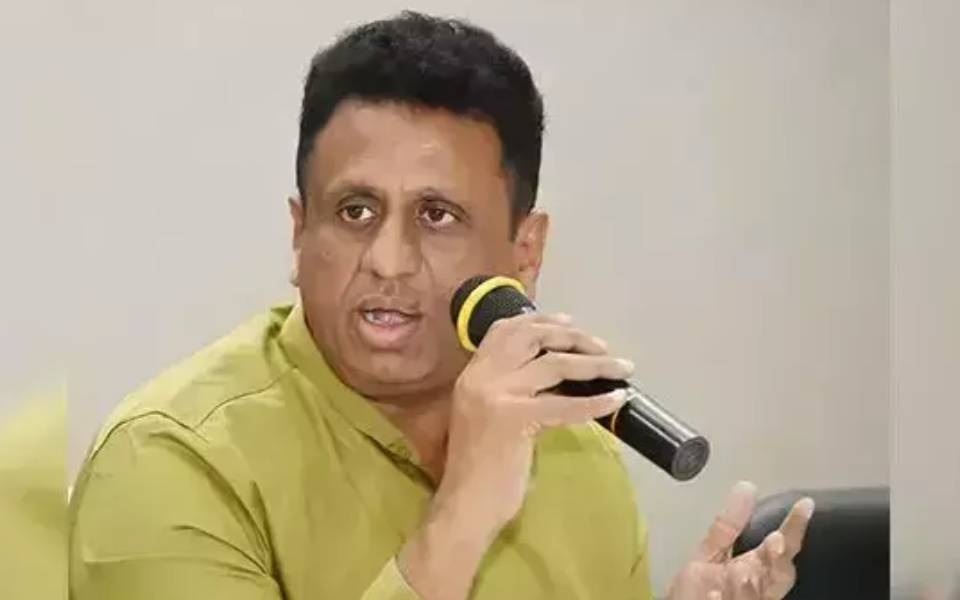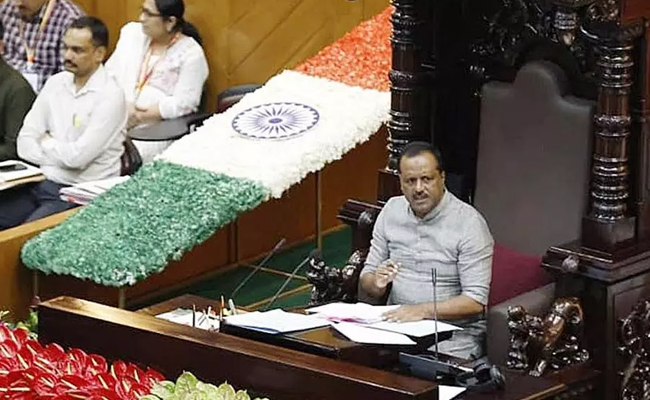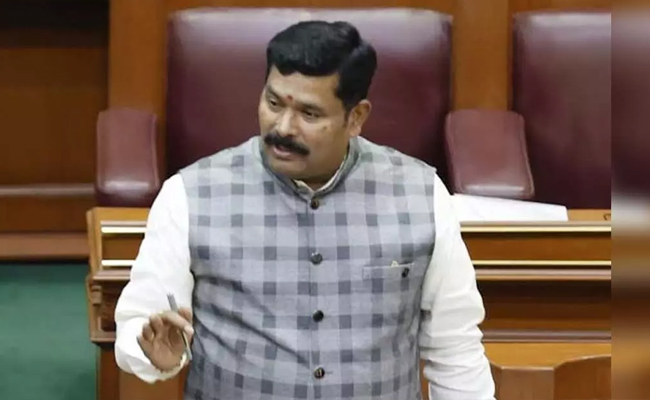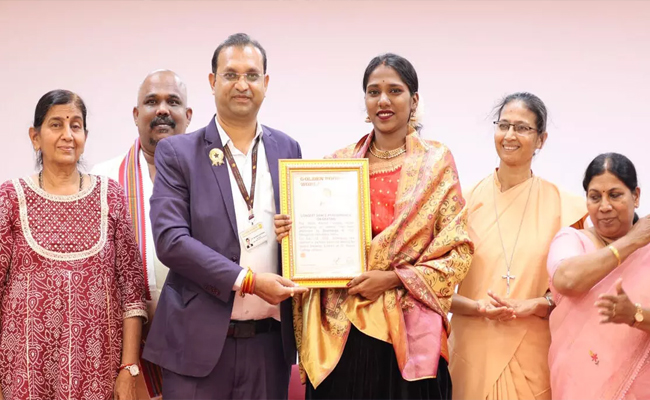Belagavi: Karnataka Higher Education Minister Dr. MC Sudhakar responding to concerns about law violations by stone mining and crusher units in the state during the question hour of the winter session of the assembly on Friday, informed the assembly that stringent measures will be initiated against such units after a drone survey in 9 districts of the state.
Sudhakar responding on behalf of the Minister of Mines and Earth Sciences, to a question raised by the member of the ruling party, Basanagouda Daddal said that stone mining and crusher units are being fined five times higher than usual if found violating rules. He assured that strict action will be taken if mining is done beyond the scope of the permit.
ALSO READ: Karnataka govt to formulate new policy, set up task force to prevent female foeticides
“Crusher owners are advised to install a dust containment system on a large scale to prevent dust from escaping from stone crusher units. Additionally, in collaboration with the Forest Department, steps have been taken to protect the environment along with the implementation of cleanliness week program in the crusher stone quarry area,” he added.
Let the Truth be known. If you read VB and like VB, please be a VB Supporter and Help us deliver the Truth to one and all.
Belagavi: Speaker U.T. Khader on Friday warned that members who disrupt Assembly proceedings by talking in their seats during debates will be made to sit in the House for an entire day as a disciplinary measure.
The warning came after the Question Hour, when Deputy Leader of the Opposition Arvind Bellad was permitted to initiate a discussion on the development of North Karnataka.
At this point, expelled BJP MLA Basanagouda Patil Yatnal objected, stating that he had been seeking a debate for the past three days but had not been given an opportunity.
ALSO READ: IndiGo board ropes in external aviation expert for flight disruption probe
Responding to the objection, Speaker Khader said Bellad had already been granted permission and assured Yatnal that he would be allowed to speak at the next opportunity. He noted that even as a serious discussion was underway, several MLAs were speaking among themselves with their microphones on, disrupting the proceedings.
Expressing displeasure over the conduct of members, Khader likened the situation to football, where players receive red, yellow, or white cards for violations. Similarly, he said, the Assembly issues warning cards to members who disturb the House. If they fail to correct themselves despite repeated warnings, they would be required to remain seated in the Assembly hall for a full day as punishment, he stated.





